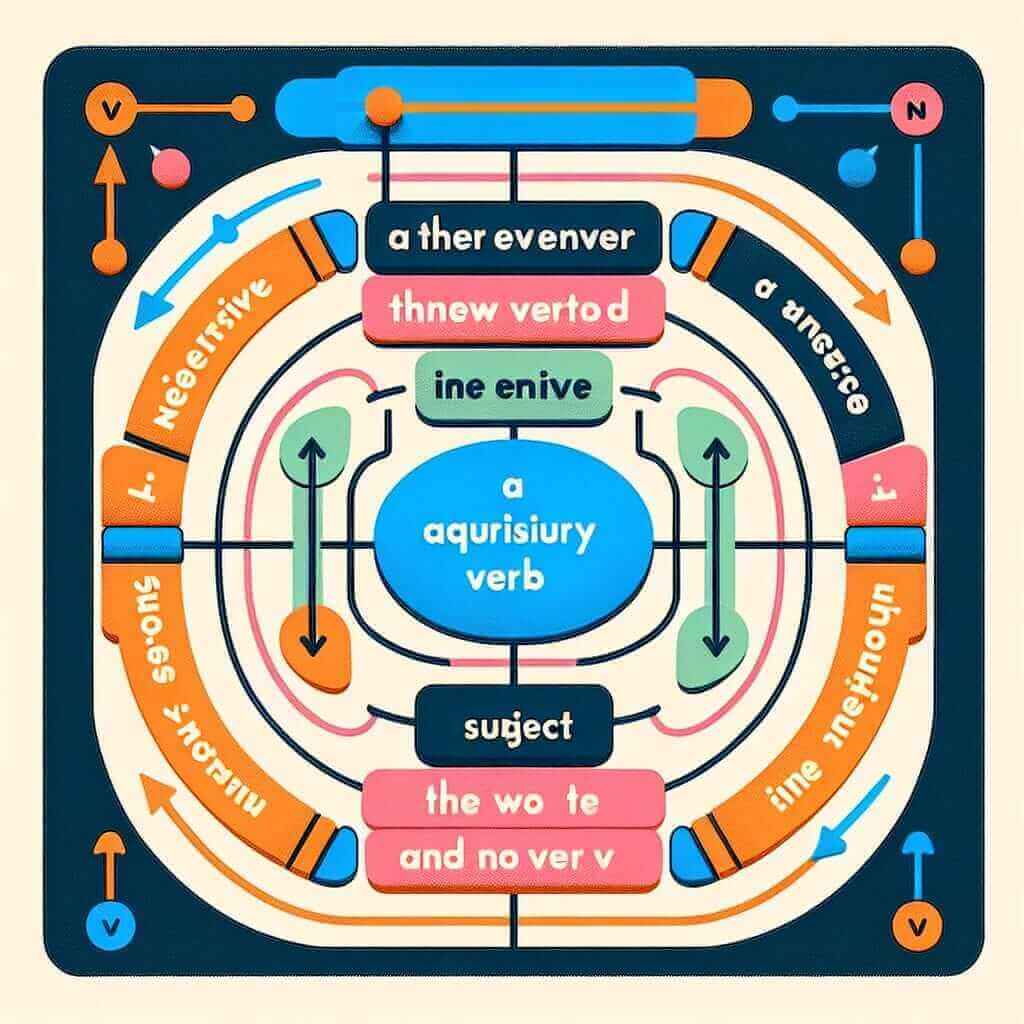“Never have I seen such beauty!” “Rarely does he arrive on time.” These sentences possess a dramatic flair, don’t they? That’s the power of inversion – a grammatical structure that can elevate your IELTS writing and speaking, making your language more sophisticated and impactful. But beware, inversion can be tricky! In this comprehensive guide, we will demystify the “never have I experienced such a thing” structure and explore how to wield it effectively to achieve a band 7+ in your IELTS exam.
Let’s examine how inversion works in various IELTS contexts:
- Speaking Part 2: Describing a memorable event, you might say, “Never before had I felt so nervous, as I waited for my name to be called.”
- Writing Task 2 (Opinion Essay): Arguing for the importance of environmental protection, you could write, “Rarely do people consider the long-term consequences of their actions on the planet.”
- Listening Section 3: In a university lecture about a scientific breakthrough, you might hear, “Seldom has a discovery had such a profound impact on modern medicine.”
In each example, notice how inversion adds emphasis and a touch of formality to the sentence.
Understanding Inversion: A Closer Look
Inversion, in simple terms, is the reversal of the typical subject-verb order in a sentence. We usually use it to emphasize a particular word or phrase, especially negative adverbs or adverbial phrases. The “never have I experienced such a thing” structure is a prime example of this.
Mastering the Formula
Let’s break down the formula for using this type of inversion:
[Negative Adverb/Adverbial Phrase] + Auxiliary Verb + Subject + Main Verb
Here’s how it applies to our example:
- Never (Negative Adverb) + have (Auxiliary Verb) + I (Subject) + experienced (Main Verb) + such a thing.

Applying Inversion in IELTS
1. Speaking: Amplify Your Narratives
In the IELTS Speaking test, especially Part 2 where you narrate personal experiences, using inversion can make your stories more engaging and demonstrate a wider range of grammatical structures.
Example:
Instead of saying, “I was so surprised because I had never seen so much snow before,” you could say:
“Never before had I seen so much snow!”
This instantly adds emphasis and makes your language more vivid.
2. Writing: Enhance Your Arguments
Inversion is particularly effective in Writing Task 2 when you want to emphasize a point or present a contrasting idea.
Example:
Instead of writing, “People rarely think about the consequences of their actions,” you could write:
“Rarely do people consider the consequences of their actions.”
This not only sounds more academic but also strengthens your argument by highlighting the lack of consideration.
Mastering Variety: Beyond “Never”
While “never have I…” is a common form of inversion, remember that other negative adverbs and adverbial phrases can be used in a similar way:
- Rarely does he lose his temper.
- Seldom have we seen such a talented artist.
- Under no circumstances should you open this door.
- Not only did she win the race, but she also broke the world record.
- Hardly had I sat down when the phone rang.
Avoiding Common Pitfalls
- Overuse: Like any stylistic device, overusing inversion can make your writing sound unnatural and forced. Use it sparingly for maximum impact.
- Incorrect Structure: Remember the correct word order (negative adverb/phrase + auxiliary verb + subject + main verb). Incorrect word order will result in grammatical errors.
- Informal Context: Inversion is generally more formal. Avoid using it in informal writing or speaking tasks.
Conclusion
Mastering inversion, particularly the “never have I experienced such a thing” structure, is a powerful tool to elevate your IELTS performance. By understanding its nuances, practicing its application, and avoiding common mistakes, you can impress the examiner with your grammatical range and fluency, paving the way for a higher band score.